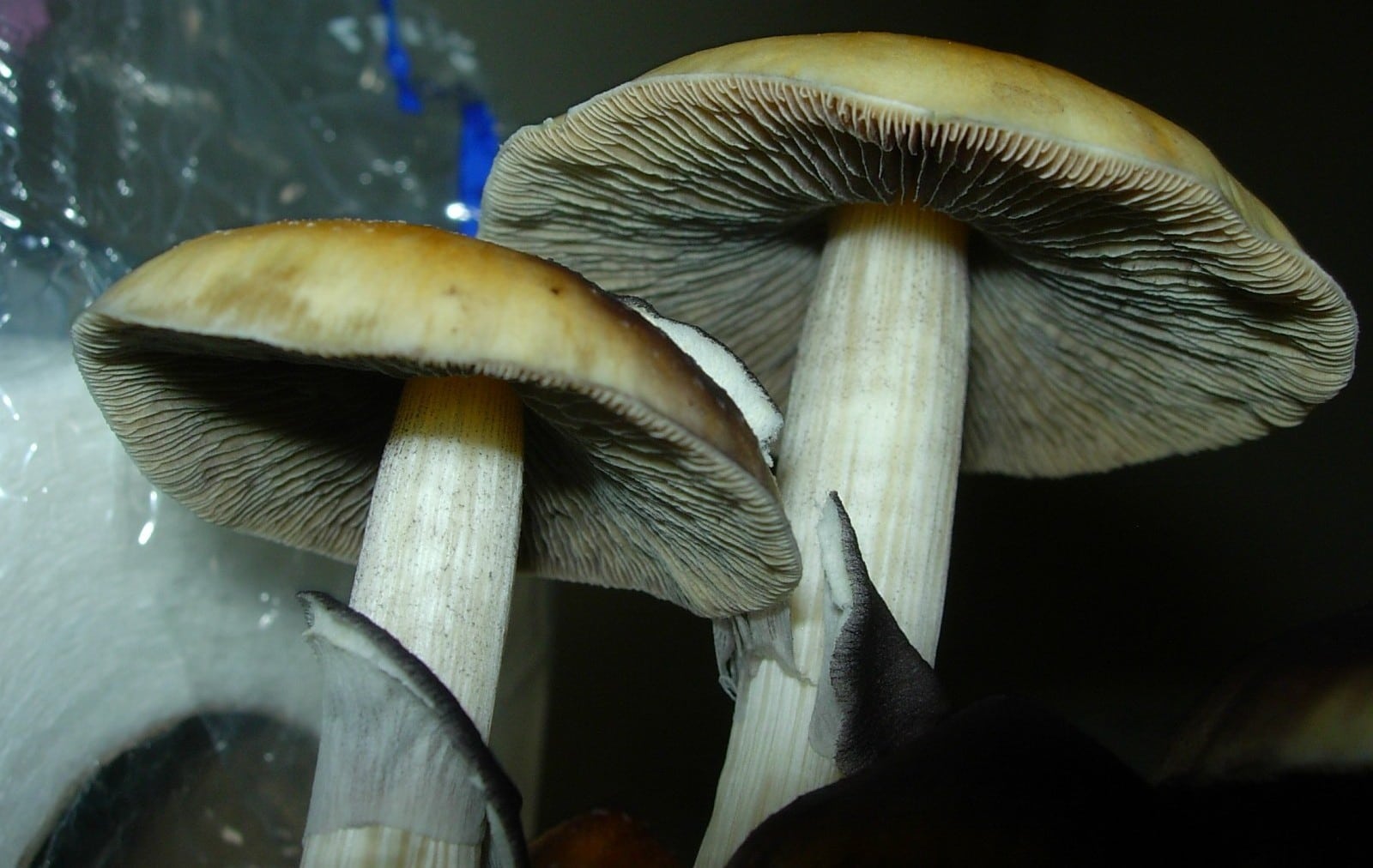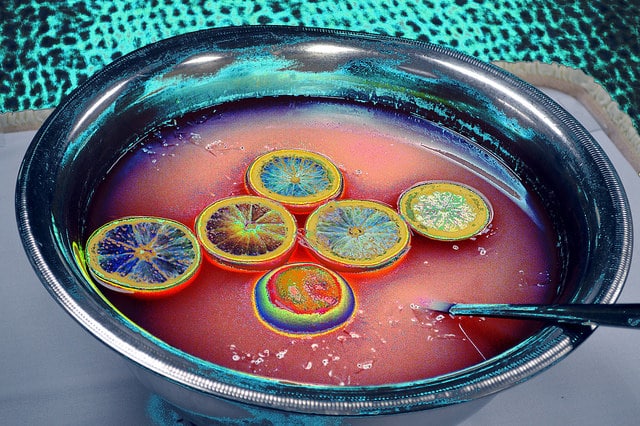
Psilocybin cubensis. | Image Source: Wikimedia Commons via user LordToran
“Mystical or peak consciousness states in cancer patients have been associated with a number of benefits including improved psychological, spiritual, and existential well-being,” – Dr. Anthony P. Bossis.
Unless we ourselves have faced death, it’s impossible to know what a terminally ill cancer patient must go through physically and emotionally as they face the possibility of the end. Knowing that your time on Earth is limited, it’s no wonder that many people in this situation come down with anxiety, depression, and untold emotional turmoil. Yet somehow, some people who have faced certain death have shown immense courage, peace, and acceptance in the face of battling cancer, and it seems like this reservoir of bravery almost always comes down to a deep spiritual feeling that’s not just intellectual in nature, but experiential.
For those who work with the psychological health of cancer patients, an unlikely new ally is emerging that promises to bestow such a pivotal mystical experience — psilocybin cubensis, otherwise known as psychedelic “magic mushrooms.” While such an idea might’ve sounded wacky even a few years ago due to the stigma surrounding decades of psychedelic propaganda, doctors and researchers are conducting new research constantly and the science is there. Research has shown that psilocybin mushrooms, when taken in a safe setting and at the right dosage, reliably catalyzes a mystical experience in patients, and the benefits are immediate, long lasting, and perfectly suited to those who are trying to make sense of their terminal illness and find more peace in their final days.
The Science of the Mystical Experience
In the US, multiple universities and nonprofit institutions are pushing psilocybin research forward, and their results are resoundingly positive. Rather than trying to make sense of the nature of the mystical experiences that psilocybin bestows (which gets into murky and loaded territory), scientists are looking at the end results of these curated psychedelic therapy sessions and the measurable benefits that they provide.
A new book called Psychological Aspects of Cancer: A Guide to Emotional and Psychological Consequences of Cancer, Their Causes, and Their Management contains a chapter on psilocybin for treating existential distress in cancer patients. Co-writer (along with Dr. Charles Grob and Dr. Roland Griffiths) Dr. Anthony P. Bossis is a professor of psychiatry and medicine at NYU and Langone Medical Center, and in the book, he describes the lack in modern cancer treatment that psilocybin is rising to fill:
“The emotional, spiritual and existential distress that can often accompany a diagnosis of cancer often goes unidentified and untreated in cancer patients. Patients who have benefited from psilocybin clinical research have reported less anxiety, improved quality of life, enhanced psychological and spiritual well-being, and a greater acceptance of the life-changes brought on by cancer. It is a welcome development that this promising and novel clinical research model utilizing psilocybin has begun to gain clinical and academic attention.”
Additionally, the pioneering psychedelic organization Heffter Research Institute has sponsored three different Phase 2 clinical studies on psilocybin treatment at Johns Hopkins University, NYU, and Harbor-UCLA Medical Center, treating over 90 patients and showing significant improvements in patients who underwent psilocybin-assisted therapy across all three studies. The collection of video testimonials from the Heffter study participants only goes to show the huge power of this therapy.
Addressing the Roots of End-of-Life Anxiety
It’s important to remember that this discussion is ultimately not so much about psychedelics as it is about finding medicines and treatments that make a huge difference in people’s lives as they face the extreme stress of battling cancer. As we as a culture shift our understanding of psychedelics from insidious drugs to powerful medicines, we will begin to include them in our arsenal of treatment options and open the door for thousands of suffering people to find peace, hope, and healing that was previously unavailable to them.










